Abhishek Kumar
Deep Learning Scientist(Engineer)
Predible Health
NEURAL NETWORK
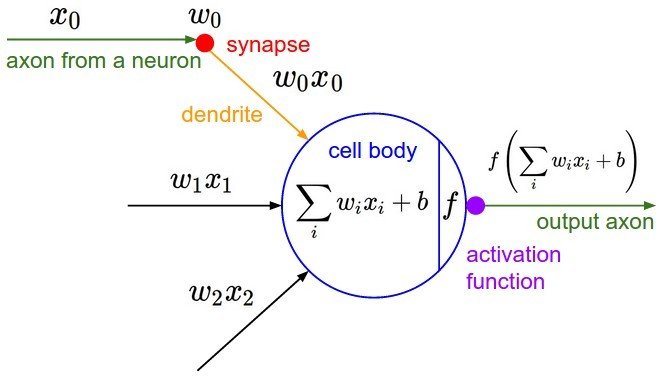
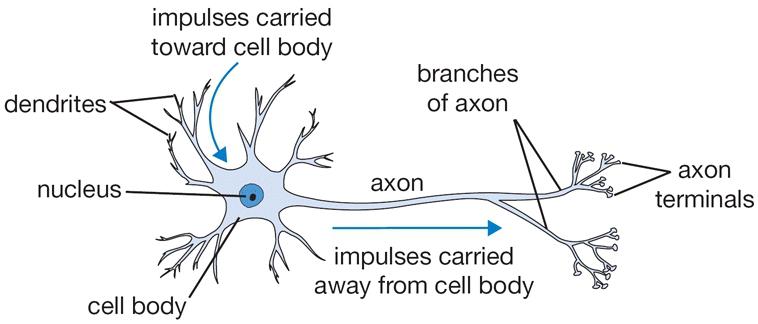
NN as a Brain analogy
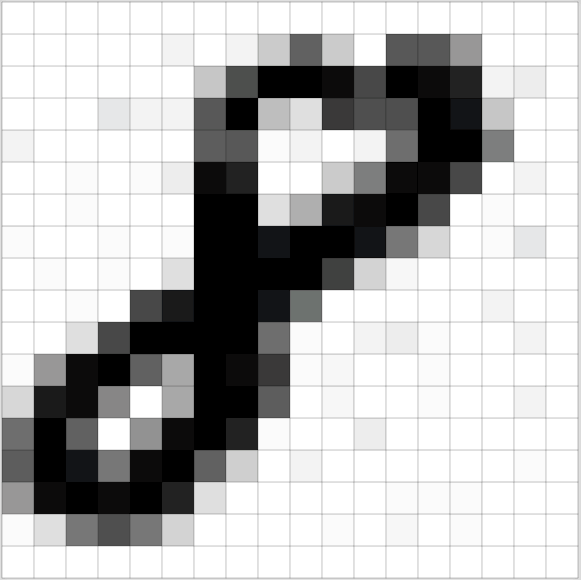
Image as an Array
Convolutional Neural Network
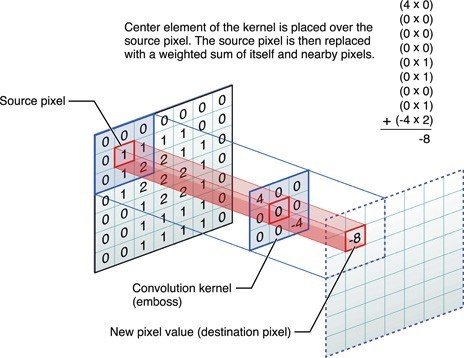
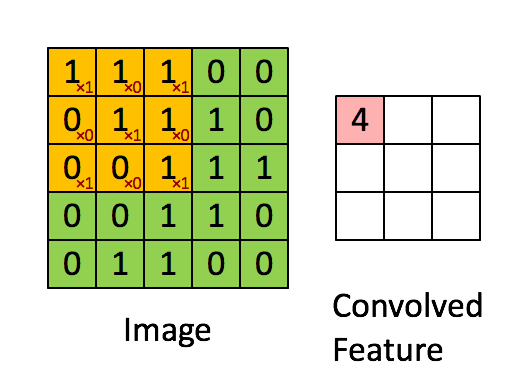
A brief idea of how a CNN works
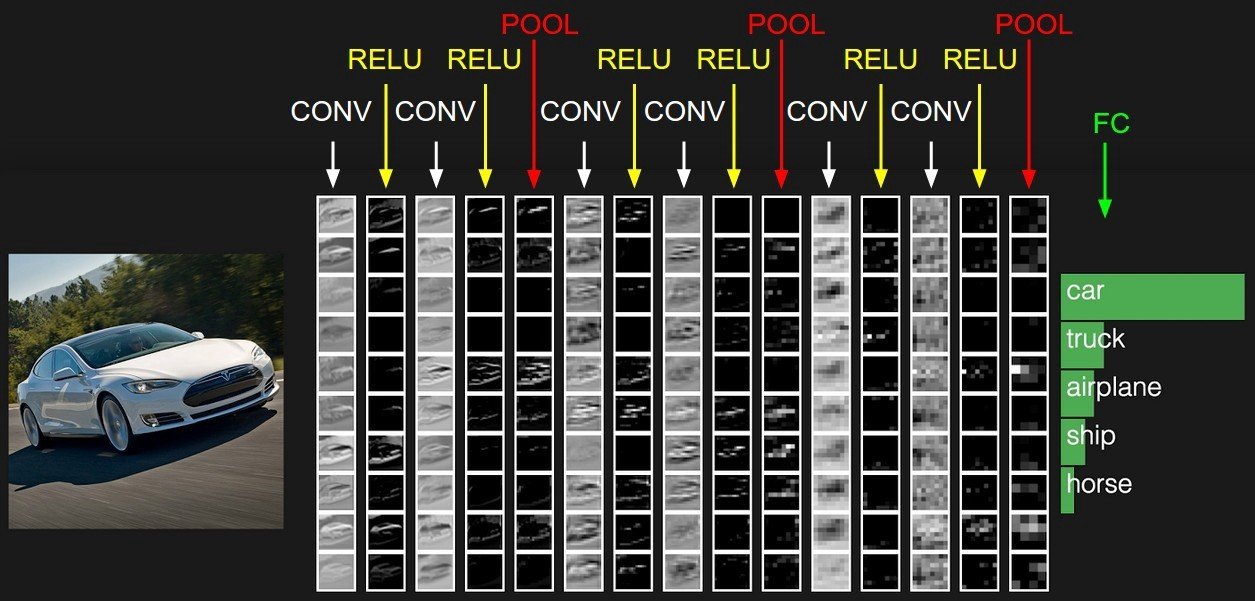
Here are the components of a CNN model
- Convolution
- Non Linearity (in this example Relu)
- Pooling or Subsampling
- Classification
A CNN MODEL
Layer 1 and 2 (the initial ones)
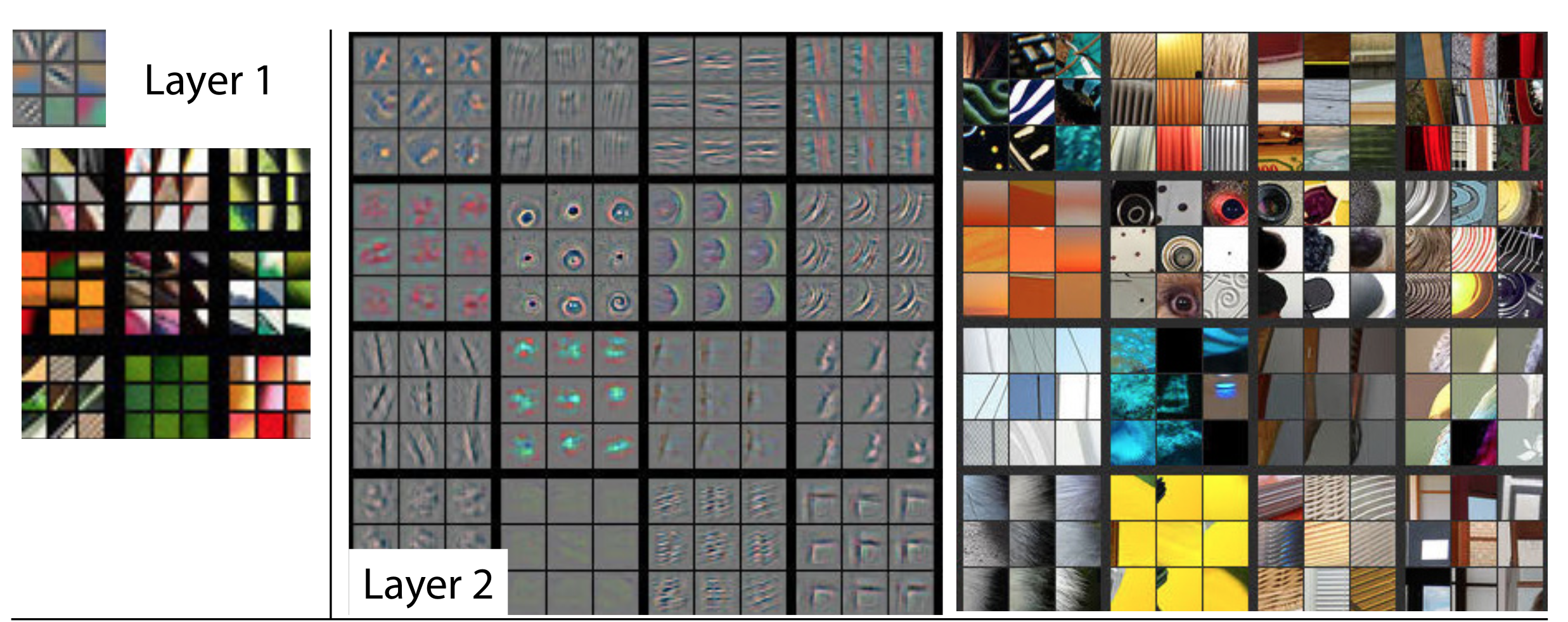
CNN VISIUALIZATION
Layer 3 (the intermediate ones)
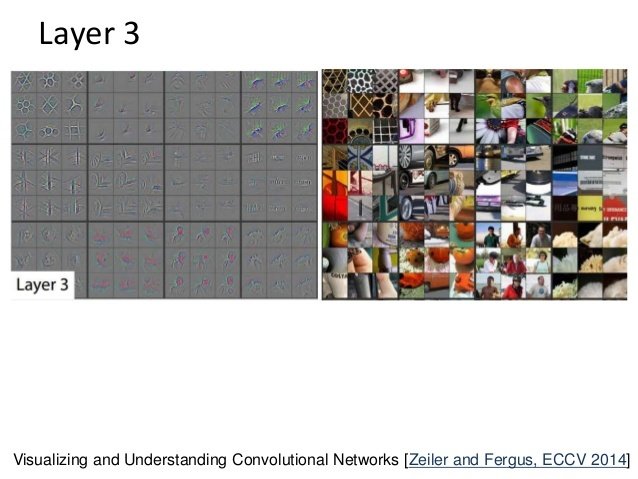
CNN VISIUALIZATION
Layer 4 and 5 (the last ones)
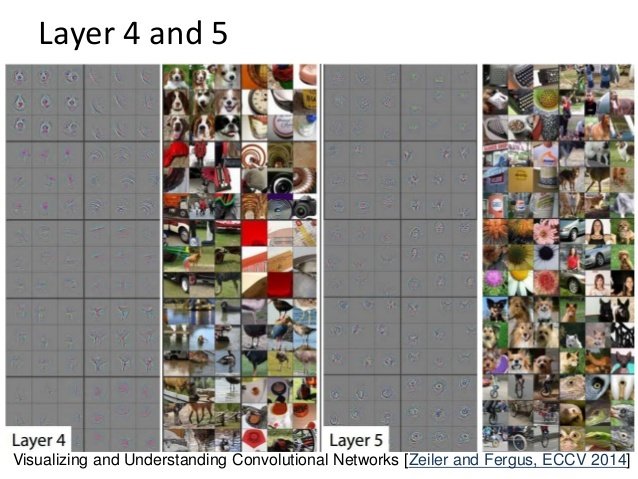
CNN VISIUALIZATION
Now comes transfer of knowledge/features
Introduction to Inception and my Hypothesis
Inception: The lifeline of Google (model A, the general features)
A model with specific features (model B, the intermediate)
Model C, very specific to our Dataset
A small intro to inception

- A 152 layer network
- Trained on imagenet (1000 classes)
- Conventional CNN architecture with 1*1 window size

Results of A + B
-
B3B – the first 3 layers are copied from baseB and frozen. The remaining five higher layers are initialized randomly.
-
A3B – the first 3 layers are copied from baseA and frozen. The remaining five layers are initialized randomly
-
B3B+, like B3B but the first three layers are subsequently fine-tuned during training.
-
A3B+, like A3B but the first three layers are subsequently fine-tuned during training.
Architecture
Results of A + B
- For a small network due to dependency of the layers, it performs very poorly
- Consider VGG16, the model size is reduced by almost 300% with only 2-3% compromise in accuracy
- Fine tunning is 2-10 times as faster as normal transfer Learning
Results of A + B + C
MEDICAL IMAGING
Liver Product
- Full Owndership of Vessels and Liver
- State-Of-The-Art Liver Segmentation (0.95 dice)
- 2 Patent for Vessel Segmentation and Classification
Prostate
- Prostate Gland Segmentation
- Prostate Gland classification in PZ and CG
- Nodule detection and Segmentation
Lung Cancer
- Nodule detection (ongoing project........)
LIVER PRODUCT
My Proudest work, but why???
- No prior work on Vessel Segmentation using Deep Learning (Only classicial Image Processing tech)
- Almost no good papers talking about vessel classification into Hepatic and Portal veins (probably a very complex problem to solve)
- PreProcessing and PostProcessing made the outputs very good